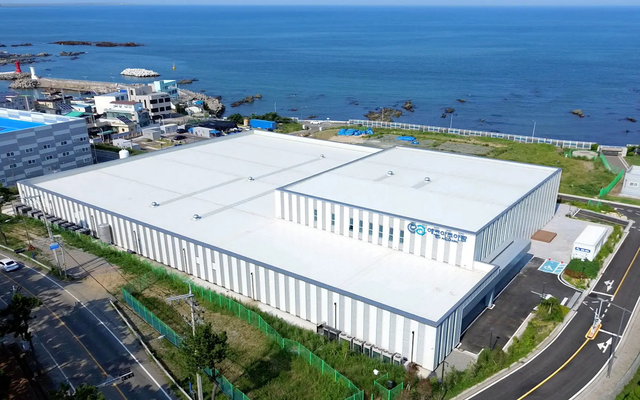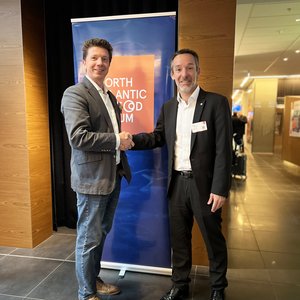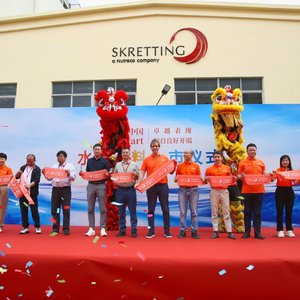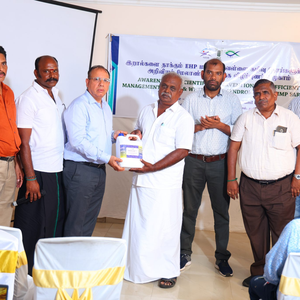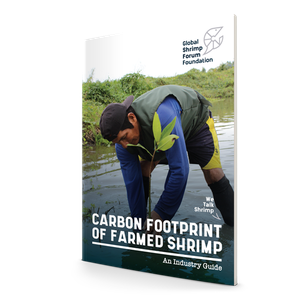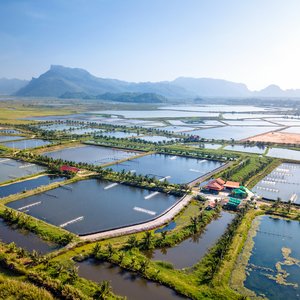South Korea has launched its first land-based salmon farm, developed by GS Engineering & Construction and operated by its subsidiary Eco Aquafarm. The Busan Smart Aquaculture Cluster uses recirculating aquaculture system (RAS) technology delivered by AKVA group.
“This project marks the start of land-based salmon production in South Korea, and we are pleased to contribute with technology and support. Our collaboration with Eco Aquafarm has included system delivery, training, and advisory services, and we look forward to continuing the cooperation as the facility moves into full production,” said Jacob Bregnballe, sales director in Land Based at AKVA group.
The facility has a capacity of 500 metric tons of Atlantic salmon per year, and is the first step in providing a domestic salmon supply for Korea, which currently relies entirely on imports. The first salmon eggs were stocked in the autumn of 2024, with harvest expected in Q4 2026 after two years of cultivation.
“Through its marine special plant facilities, Eco Aquafarm seeks to realize the public interest in cultivating Atlantic salmon in eco-friendly and forward-looking RAS aquaculture facilities, developing future food to free them from future food security crises,” said Hyou-Sang Jin, CEO of Eco Aquafarm
The Busan farm is part of South Korea’s Smart Aquaculture Cluster Development Project, initiated by the Ministry of Oceans and Fisheries to modernize fish farming through digital technology. It is the first Korean facility to use a closed-loop filtration system, allowing the reuse of up to 99% of water and reducing marine pollution.
“While AKVA group takes care of the technology, we focus on keeping the fish in good condition. As this is our first land-based salmon project, everything is new and challenging. With the right support and training from AKVA group’s team, we are building the expertise needed for advanced aquaculture in Korea,” said Sang-Jun Dong, business development manager at Eco Aquafarm.
Through the 500-ton testbed, the operational know-how will be refined, and Eco Aquafarm plans to increase production tenfold in a second phase, of which global investors are invited to participate.
“We are entering the global marine plant business by expanding a large RAS fish farm with an annual capacity of 5,000 tons. As one of Korea's top three construction companies, we leverage our experience in large-scale projects to ensure long-term success,” said Dong.
The Busan facility, located at Pukyong National University’s Fisheries Science Institute in Gijang-gun, integrates smart monitoring and control systems. It spans two floors and utilizes digital tools for water quality, fish health, and system monitoring.
The project represents a new standard for land-based aquaculture in Korea. With technology from AKVA group, Eco Aquafarm aims to demonstrate a sustainable model for domestic seafood production.


